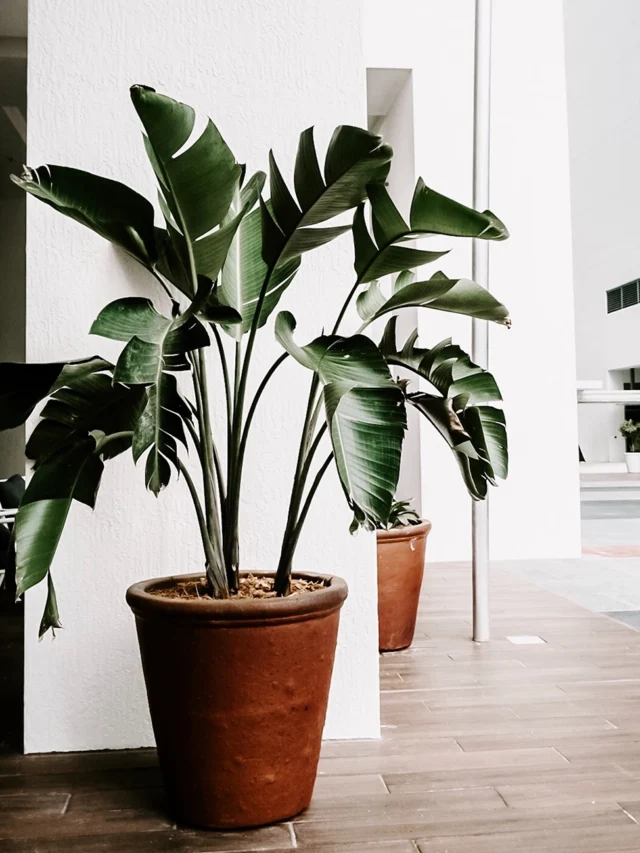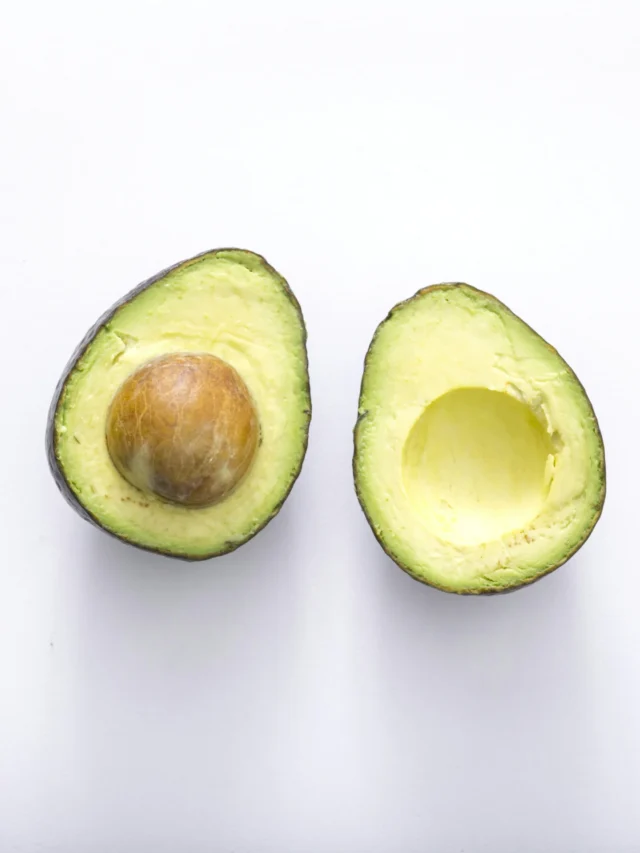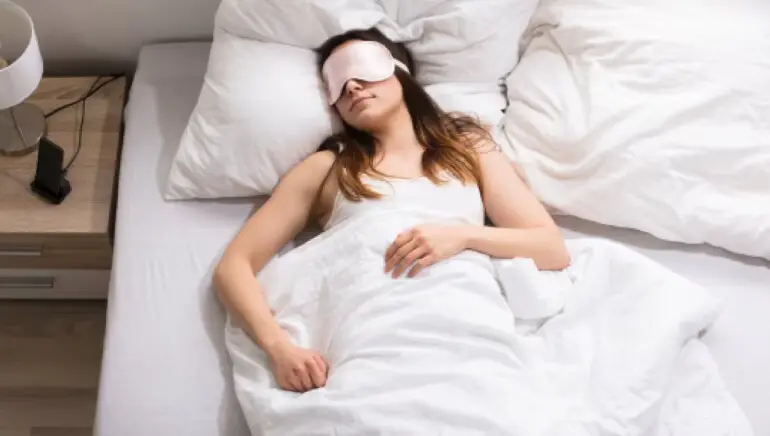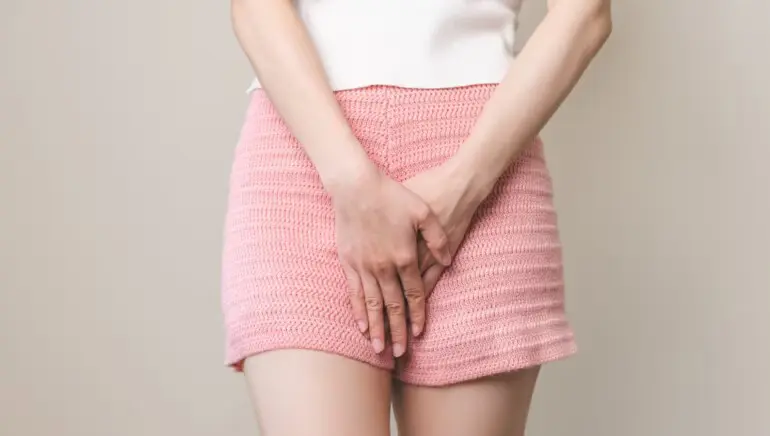11 Effective Strategies to Manage Mood Swings During Periods
Most women have mood swings during their periods, but they don’t know how to manage them. Here are eleven strategies to control your mood fluctuations when you’re menstruating.
Mood changes during your menstruation are common! Image credit: Adobe Stock.
Mood Swings During Periods
Have you ever pondered why you always appear to be in such mood swings while you’re menstruating? Well, such abrupt changes in mood from happiness to annoyance or melancholy may be rather distressing. Some women report having quite noticeable mood fluctuations during their periods, while others report none at all. Hormonal variations throughout the menstrual cycle, namely the decrease in progesterone and estrogen, are frequently the cause of these mood swings.
They could even result in weariness, worry, and problems with mental health. Thus, it is imperative that you understand how to control your mood swings during your menstrual cycle!
Mood swings during menstruation are caused by hormonal fluctuations in the body, particularly changes in estrogen and progesterone levels. These hormones affect the production and regulation of serotonin and dopamine, brain chemicals that affect mood. A study published in the Ethiopian Journal of Health Sciences found that hormonal fluctuations before and during periods can lead to mood swings.
Also Read: Menstrually Related Mood Disorders - UNC School of Medicine
How can I manage menstrual mood swings?
Mood swings may be so bothersome for oneself and loved ones that you may find yourself wondering, “How to stop period mood swings?” Here are 11 simple strategies for managing mood swings during periods and improving your mental health!
1. Stretch and exercise.
Regular physical activity is an effective way to manage mood fluctuations and improve mental health. Exercise stimulates the creation of endorphins, sometimes known as “feel-good” hormones. These endorphins can help relieve stress, increase mood, and minimize depressive symptoms, according to a research published in Psychophysiology. Aim to do at least 30 minutes of moderate exercise every day. Stretching, walking, swimming, lifting weights, and other physical activities can help you stay active and regulate your mood.
Also Read: 7 Causes and Solutions for Pink Vaginal Discharge
2. Drink adequate water.
We know that dehydration may make mood swings worse. Therefore, it is crucial to keep hydrated throughout the day. According to a research published in the Public Library of Science One, drinking up to 500 ml of water every day improves mood and keeps you cheerful
Mood Swings During Periods
Drinking water can improve your mood. Image credit: Adobe Stock.
3. Focus on your diet.
What you consume reflects who you are! Junk foods, coffee, alcohol, and other substances that you take on a regular basis can be hazardous to your health and worsen mood swings. So, focus on meals high in complex carbs, such as whole grains, fruits, and vegetables, which can help control blood sugar levels and prevent mood swings,” says Dr. Nirmala M., an obstetrician, gynaecologist, and reproductive specialist. Furthermore, reduce your sugar consumption to improve your mood.
4 Aromatherapy
Essential oils have the ability to instantly improve your mood and make you feel better. According to a research published in the International Journal of Molecular Sciences, essential fragrances such as lavender, chamomile, or peppermint can help you relax by creating a peaceful environment around you. Aromatherapy can assist to alleviate tension and anxiety. To utilize it, add a few drops to your bath or massage diluted essential oils into your pulse points.
5. Distract from unpleasant ideas.
When negative ideas come to mind, attempt to divert yourself and replace them with positive affirmations. “Don’t question yourself every time you have mood swings. Instead, understand that they are normal during the monthly cycle and can be controlled,” says Dr. Nirmala. With a positive perspective, you can keep your mental health from deteriorating.
6. Laughter Therapy.
If you are becoming agitated and unable to manage your worried thoughts, consider viewing a comedy program, watching a funny movie, or reading a comical book. A research published by Nursing Open discovered that laughing therapy improves both psychological and physiological performance. It helps you release endorphins, which might improve your mood.
Mood Swings During Periods
To reduce stress, practice laughing therapy on a regular basis. Image credit: Adobe Stock.
7. Dance it out!
Dancing is an excellent way to get some exercise while still having fun. Dance, according to Frontiers in Physiology, is linked to good physical, cognitive, and societal adjustments in those suffering from emotional and physical issues. So, put on your favorite music and start dancing. This will unleash pent-up energy and improve your attitude.
8. Drink herbal tea.
Drinking relaxing herbal teas like chamomile, lavender, or holy basil will help relax your mind and body, resulting in better sleep. They can be especially useful when you’re feeling sad because herbal teas are known to relieve menstrual cramps and agony,” adds the expert.
Also Read:
Vaginal discharge that is pink might have several reasons. Picture sourced from Adobe Stock
9. Interact with pets.
Pets, particularly dogs and cats, can assist to alleviate tension, anxiety, and sadness. According to a research published in the International Journal of Environmental Research and Public Health, engaging with animals can reduce melancholy, anxiety, pain, and pulse significantly. Spending time with pets might help you feel happier.
10. Sleep soundly.
Sleep deprivation is one of the leading causes of mood swings. As a result, getting enough sleep (seven to eight hours each night) is critical for improving your mood. Sleep deprivation is associated with an increase in negative emotions (anger, impatience, irritation, sorrow) and a reduction in pleasant moods, according to JMIR Mental Health. Sleeplessness is a common symptom of mood disorders including sadness and anxiety. So, make sure you sleep well!
Mood Swings During Periods
Sleep soundly to minimize stress and remain cheerful! Image credit: Adobe Stock.
11. Limit alcohol and caffeine.
Both alcohol and caffeine can have a negative influence on mood and worsen premenstrual syndrome symptoms. Alcohol can impair sleep and heighten emotions of melancholy and anxiety. “Caffeine, on the other hand, can cause anxiety and irritation. Dr Nirmala recommends limiting your use of these drugs, especially in the days preceding up to your period.
With these strategies, you can control your mood fluctuations throughout your period!
Mood Swings During Periods
Health Conscious Plus
Welcome to Health Conscious Plus Find health insights, disease management tips, meal plans, and mindful living strategies for a healthier life.












